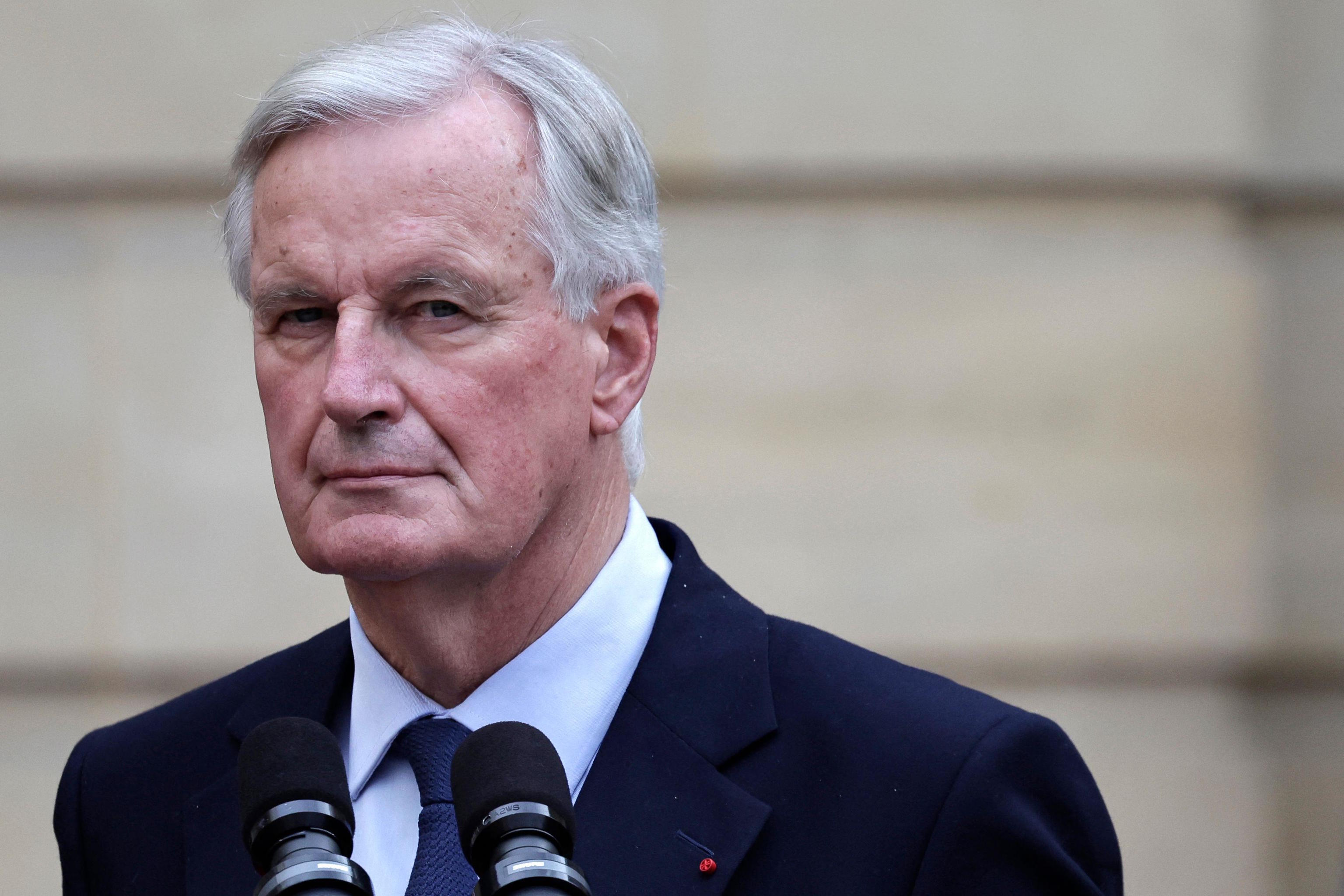Two weeks after being appointed Prime Minister by President Emmanuel Macron, the new head of the Government, Michel Barnier, has finally outlined his Government team: a total of 38 ministers (ministers and secretaries of State) and the composition will be announced in the next few hours. Sixteen of the members of the new team were part of the previous Government.
The composition will be detailed this Friday, although some names have already been leaked. From the new team, it is known at the moment that there are seven Macronist ministers, three from The Republicans, three from Macron's allied parties (Modem and Horizons). The Defense Minister, Sébastien Lecornu, remains, and Macronist Astrid Panosyan enters the Labor Ministry. The key Economy portfolio goes to another Macronist: Antoine Armand. Heading the Health Ministry would be Geneviève Darrieussecq from Modem.
Barnier met with Emmanuel Macron on Thursday afternoon to communicate his list. This is the third meeting in three days. The previous list had not been accepted by the President, who considered that The Republicans ministers had too much presence, despite this group not being the majority in the Assembly.
Barnier took two weeks to put together the puzzle to form a Government. The challenge of finding the balance was not easy. The legislative elections last July, called early by Macron, left a fragmented Assembly, divided into three blocs: the left-wing bloc (united under The New Popular Front), Macron's center-right bloc and allies, and Marine Le Pen's far-right bloc.
None have a majority, hence the difficulties in reaching a consensus. Barnier, a former European Commissioner accustomed to negotiating (he led the Brexit negotiations), has spent two weeks talking to different parties to articulate a kind of coalition Government that brings together ministers from various moderate formations, both on the right and left. Something new in France.
Barnier "reinforces his priorities: improving the lives of the French and the functioning of public services, especially education and healthcare, ensuring security, controlling immigration and advancing integration, as well as taking charge of public finances and reducing ecological debt," said the Prime Minister's office in a statement. He will detail his objectives on the day he delivers the general policy speech in the Assembly on October 1.
In recent weeks, Barnier had managed to garner some support, especially from the right, while the left is not very receptive: they believe Macron should have appointed the candidate they proposed as Prime Minister. The left-wing bloc was the one that obtained a majority of seats in the legislative elections.
In the ministerial speculations, in addition to those mentioned, names like Rachida Dati, outgoing Culture Minister and also from The Republicans, are being mentioned. The former Interior Minister, Gérald Darmanin, who had applied for the Foreign Affairs portfolio, could be replaced by Bruno Retailleau from the same party.
The unknown factor is the weight of the left-wing bloc, which obtained a majority in the legislative elections and therefore claims victory. This bloc has put forward a proposal to remove Macron. It comes from the far-left party La France Insoumise. The request is based on the President's refusal to appoint the candidate they had proposed as Prime Minister. The initiative has little chance of success. Socialist deputies have also given their approval to the proposal, which Attal has considered "a declaration of war on the institutions."
Since none of the parties have a majority, any of them could present a vote of no confidence against the new Government, which could succeed if supported by the rest of the opposition.
